同じ土壌から, featured on プラネットクラスルームネットワーク 今月 (SIMAClassroomによるキュレーション) 差別と迫害のために母国を去った2人のゲイ男性と1人のトランスジェンダー女性の生活に焦点を当てています. 南アフリカに一度, 彼らは性的指向や性同一性に関する難民の地位を申請しました.
Despite the fact that in South Africa, both national laws and international human rights laws protects lesbian, gay, bi-sexual, transgender and intersex (LGBTI) individuals against any form of discrimination, Flavina, Mussa and Junior have encountered several challenges in their new communities.
Stigmatization, persecution and violence have turned the protagonists into human rights activists.
教育のためのグローバル検索 歓迎します 同じ土壌から Director Nicky Newman.
Nicky – what would be the cultural, ソーシャル, or psychological factors that would lead to someone believing that attacking someone for these reasons would be acceptable?
I believe that fear sits at the heart of this kind of behavior.
Fear of difference and fear of “the other”.
In the case of Musa, Junior and Flavi, the common fear factor came mostly from religious intolerance. Many of the Christian people we interviewed for the film felt that the murder of homosexuals was entirely justified by their religion. When we asked about the contradiction with one of the most important Christian commandments, “thou shalt not kill”, they still felt it was acceptable in the circumstances.
This deep fear and hatred extends not only to strangers but to close family and friends as well. It’s still absolutely mind boggling to me that people would literally jail or kill other people because of their sexual choices. That to me is the real crime and I don’t think justifying this kind of extreme punishment in the name of religion or culture should be tolerated any more.
Mussa and Flavina both express a homesickness for their countries of origin, despite having had to leave in order to escape persecution. This begs the question of one’s definition of “home,” and how it may diverge from traditional descriptions of “place.” How would you define the idea of “home” in a way that justifies Mussa and Flavina’s homesickness?
ほとんどの場合, someone’s home is considered to be where our families and our communities are. Where our roots are. When people have to leave for fear of their lives, it’s very traumatic. They leave everything behind, not only the bad but all the good as well – the familiar food, 音楽, friends and family. Their very history. It’s quite something having to start again in a new country, perhaps knowing no one. Where you might have constitutional rights in theory, but in practice there may still be a lot of discrimination as well.
All three of the subjects of the film are involved in LGBTQIA+ activism. あなたの意見では, why is social and political activism so vital for the advancement of LGBTQIA+ rights around the globe?
The world is in vastly different places as regards positive and healthy changes for LGBTQIA+ people and rights. You have legal same sex marriages in some countries, and then you have people being jailed for 10 years plus in other countries, if not being put to death.
So I believe that activism is vital to help those with more restrictive and conservative laws and outlooks to move towards tolerance and acceptance and inclusivity.
Activism and awareness raising not only educates, but it creates safer spaces and changes laws so that people don’t need to hide in fear and feel guilty about their sexual orientation. They are able to live openly and freely exactly as they are.
What do you believe are the most important takeaways for audiences from your film? この映画がどのように違いを生むのを見たいですか?
When people are categorized and then judged solely according to that category, that is a big problem. It serves to depersonalize them, and then it’s much easier to shun and to hurt those people that you don’t actually regard as real people. They just become a label.
We’ve seen this repeated throughout history again and again. We see this happening now with some political parties, stirring up hatred towards anyone else from different parties to themselves. We lose our humanity when this happens.
We aimed to make a film that humanizes Musa, Flavi and Junior. To bring their personalities, characters, history and dreams to life. They are valued members of our world. They’re not to be punished or violated or rejected because of whom they choose to love.
I would love to see this film make a difference by:
Assuring all LGBTQIA+ people, especially in Africa, that they are valued and protected people in our world.
I would like people to understand the enormous personal and societal cost of those forced to move countries because of these outdated and discriminatory laws.
I would like to see the discriminatory laws in Africa and elsewhere changed immediately and permanently, and reflected in societal behavior as a result.
Thank you Nicky.
(All photos are courtesy of SIMA Studios) 同じ土壌から directed by Nicky Newman is now screening on プラネットクラスルームネットワーク
C言語. M. Rubin and Nicky Newman

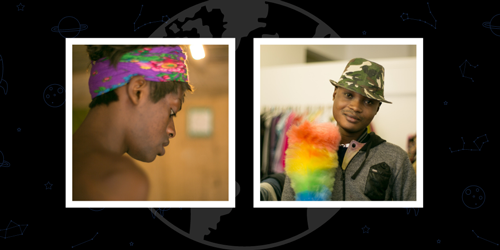
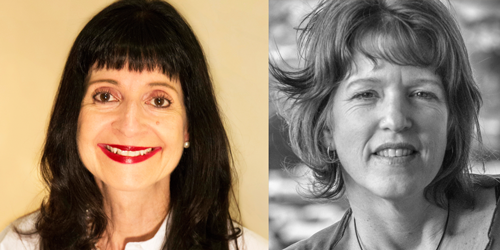

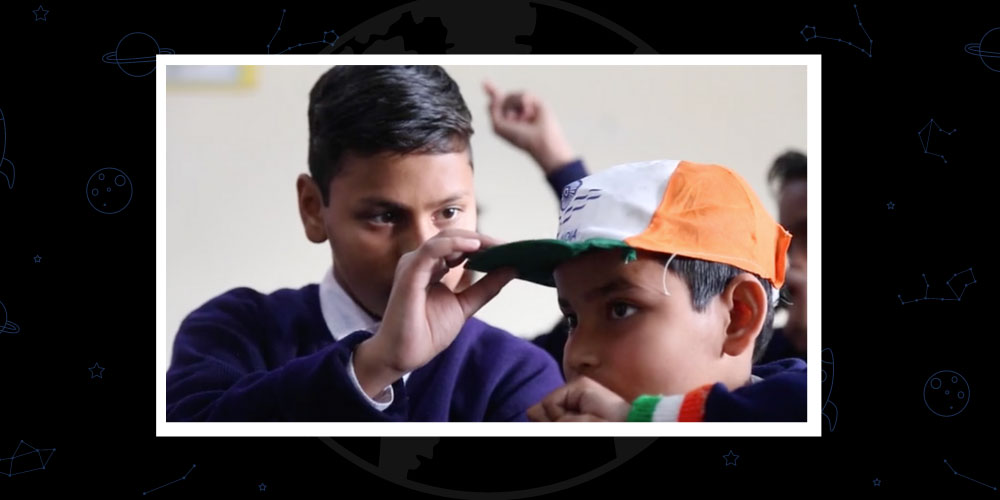
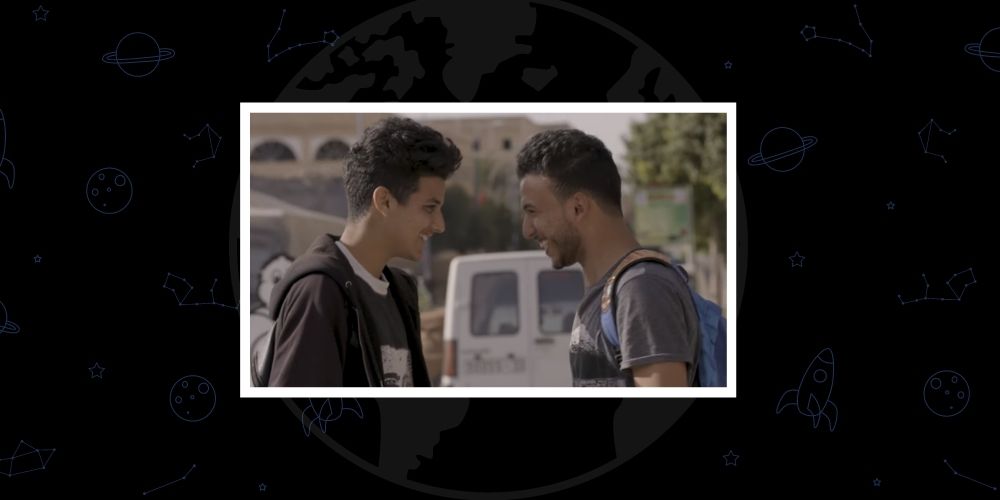
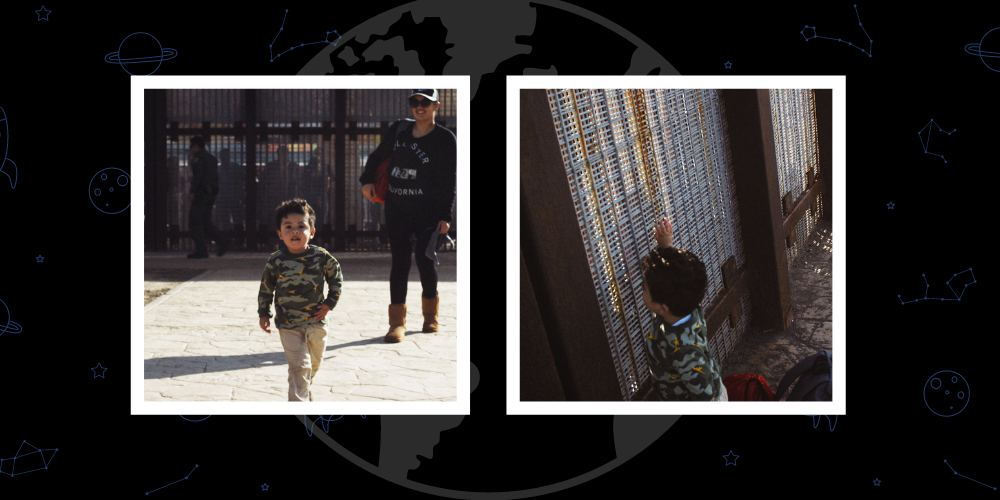
最近のコメント